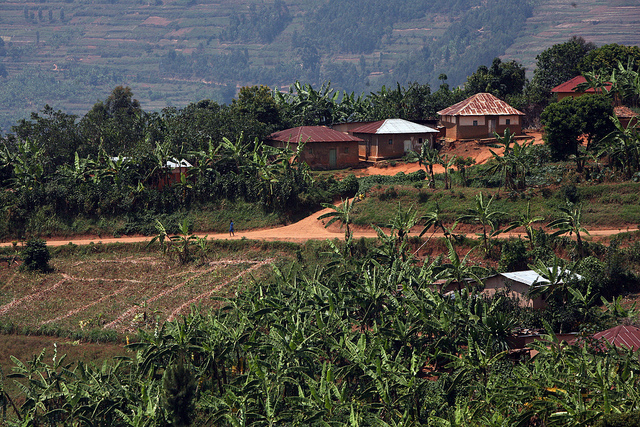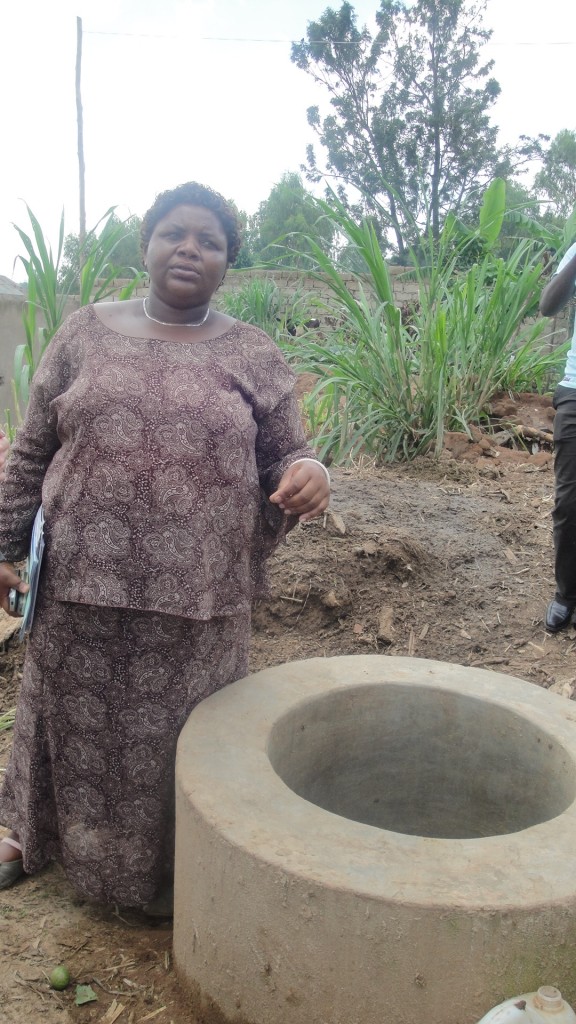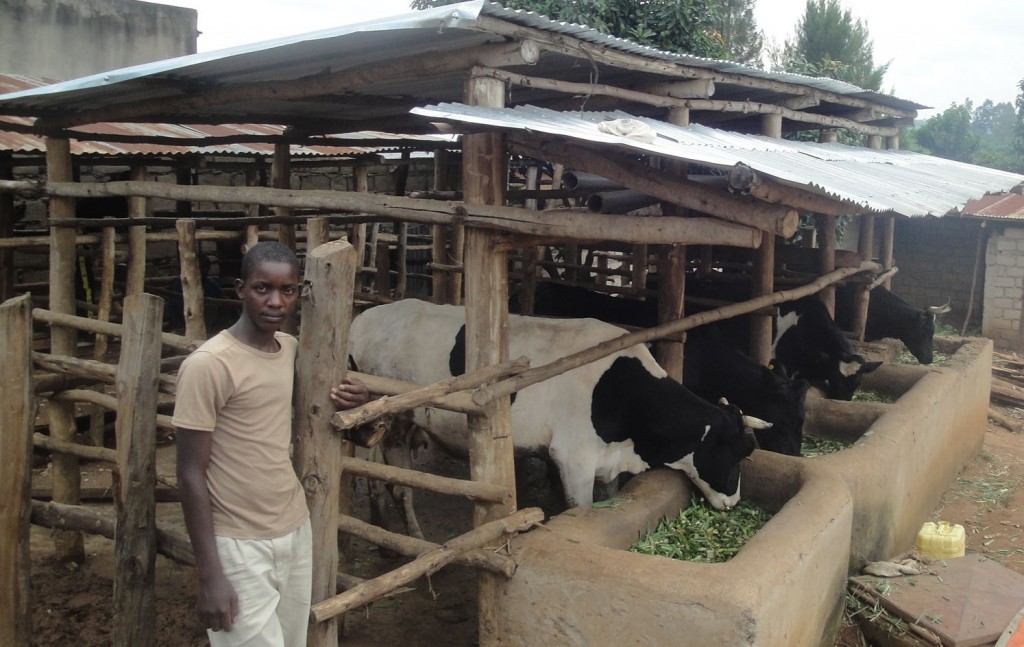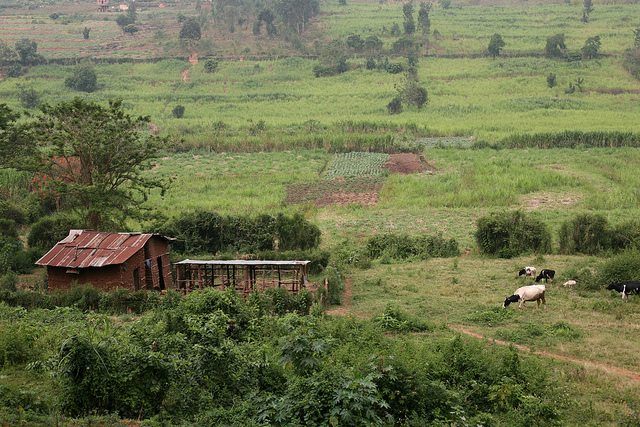I’ve been very fortunate to have had the opportunity to travel extensively in my work and in my personal life. From each journey, I’ve brought back experiences that enriched me and lessons that I know will stay with me throughout my life. Last year, I visited Rwanda for the first time, and what I learned from the trip and from the people of Rwanda was a lesson in the value of tolerance and the power of forgiveness.

Most of the world associates Rwanda with the genocide of 1994 – an attrocity born from the intolerance of one people toward another. For the people of Rwanda that experience and those memories are equally distant as they are fresh. Some are reticent to recount it while others recall it as it just happened yesterday. Yet all people agree that what was critical to the collective healing that has magically happened since the genocide is the commitment to forgiveness, to acceptance, to tolerance.
On this International Day of Tolerance we commemorate the ability of the people of Rwanda – and all other people the world over who have overcome great adversity- to thrive after conflict and build inclusive societies. In Rwanda’s case, several factors contributed to this: a strong government, communities of hope and forgiving people.
A big part of building communities of hope involved giving people the tools with which to rebuild their lives and through its work, Heifer International has been privileged to be a part of that. Years ago, the government initiated a project called “Girinka” to give "One cow per family" as part of its poverty reduction goal, and Heifer was asked to be a key partner in that effort. That program laid the foundation for the work that Heifer has since done through the East Africa Dairy Development project.
During my visit to Rwanda last year, I visited families that were part of the project. On our way to the project site we passed a community where Heifer had once worked with groups of women who are rebuilding their lives after losing their family members and everything they owned in the genocide. Many of them were raped and now live with HIV or AIDS. Rape is sometimes used as a weapon of war. During the tribunals that followed the genocide some people even attested to using AIDS infections as even more harmful weapons. The Rwandan experience was an unforgettable lesson in what intolerance can breed. But these women survived, and they are rebuilding their lives through agriculture, mostly as dairy farmers with cows that Heifer provided.

Hours later we pulled into the compound of Mary, a farmer who is being assisted through Heifer’s East Africa Dairy Development Program. Mary had five dairy cows, each in a stall in the corner of her tiny yard, in which was crammed the home she shares with her husband and the 12 children she cares for: four of them hers and eight orphans she adopted from deceased family members. On the other end of the yard was a small garden and in the third corner, a biogas unit, which digests the cow dung and feeds a tank with methane gas that she piped to her kitchen for cooking and for light. Mary talked to us about her challenges and her successes. As she talked, young boys brought large piles of fresh grass to feed the cows. Making a living to support the family took a family effort.

In the months since my visit the project has installed a chilling plant in the community, which serves as a bulking point for her and the 500 other farmers like her in her community, so that they can chill their milk until commercial enterprises come from the cities to collect it for sale. It opens up a wider market for the farmers and means their incomes can increase and their livelihoods improve.
What is also means is that families who may not ordinarily have much in common have reason to interact, to congregate, to come together to plan and build their communities and their families. These kinds of collaboration are the seeds of what Heifer calls "social capital" - social resources upon which people draw in pursuit of their livelihood objectives. These include networks and connectedness among individuals or groups of individuals; membership of more formalized groups; relationships of trust and reciprocity that facilitate reduction of transaction costs and may provide the basis for informal safety nets amongst the poor. These are the pillars of strong communities.
After the Rwandan genocide there was a war crimes tribunal set up. A period of reconciliation and justice began in late 1994, with the establishment of the International Criminal Tribunal for Rwanda (ICTR) and the reintroduction of Gacaca, a traditional, ages-old village court system. In this process, people who confessed recounted what they did, sometimes even identifying the location of the bodies they had killed. Then they were sent to rehabilitation centers where they lived for a long time before they were released back into the community. The capacity of the Rwandan people to forgive, as demonstrated during this period, astounded the world.

In the years since the genocide the people of Rwanda have changed their national identity: new flag, new anthem, new constitution even. They have and are redefining a new society: one that is inclusive, one that is hopeful, one that is tolerant.
As horrific as the genocide was, the tribunals were also a testament to the human capacity for forgiveness. Rwanda has moved on and is marching ever forward. It is, hopefully, if we are paying attention, a lesson to the rest of the world.